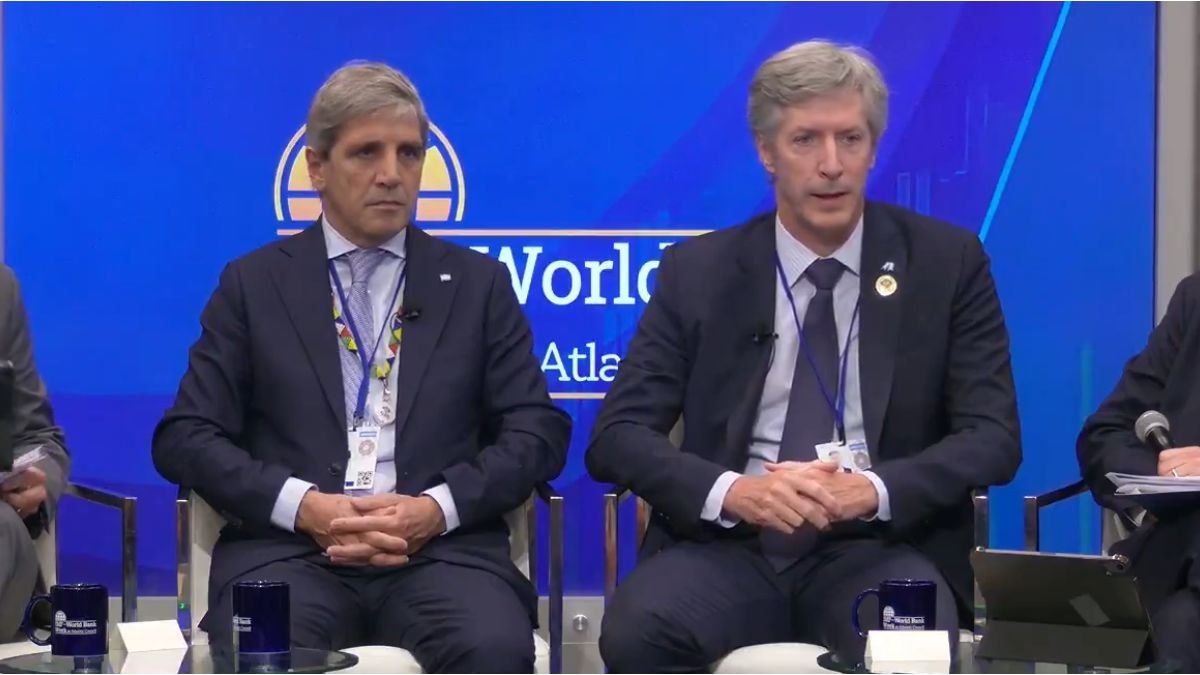Menu
Tariffs: Warning strikes affect numerous passengers
Categories
Most Read
Shein’s secrets to save hundreds of dollars on your purchases
October 15, 2025
No Comments
the ticket will rise 4.1% in November, while the Government accelerates adjustment on subsidies
October 15, 2025
No Comments
The use of installed capacity accumulated nine months below 60% in August
October 15, 2025
No Comments
How much will I earn if I deposit $500,000 today in 30 days?
October 15, 2025
No Comments
what is the new amount for October 2025
October 15, 2025
No Comments
Latest Posts

Euro today and Euro blue today: how much they closed at this Wednesday, October 15
October 15, 2025
No Comments
October 15, 2025 – 19:03 Look at how much the official euro and the blue euro are trading at. He euro today -without taxes- closed

Santiago Bausili said that a swap framework agreement was reached with the US, but did not confirm when it will be activated
October 15, 2025
No Comments
October 15, 2025 – 19:01 The head of the BCRA defended the band scheme and stressed that “there is an enormous demand for coverage that

Shein’s secrets to save hundreds of dollars on your purchases
October 15, 2025
No Comments
October 15, 2025 – 7:00 p.m. In addition to the platform’s low prices, there are strategies that can increase savings considerably. freepik The arrival of
24 Hours Worlds is a comprehensive source of instant world current affairs, offering up-to-the-minute coverage of breaking news and events from around the globe. With a team of experienced journalists and experts on hand 24/7.

